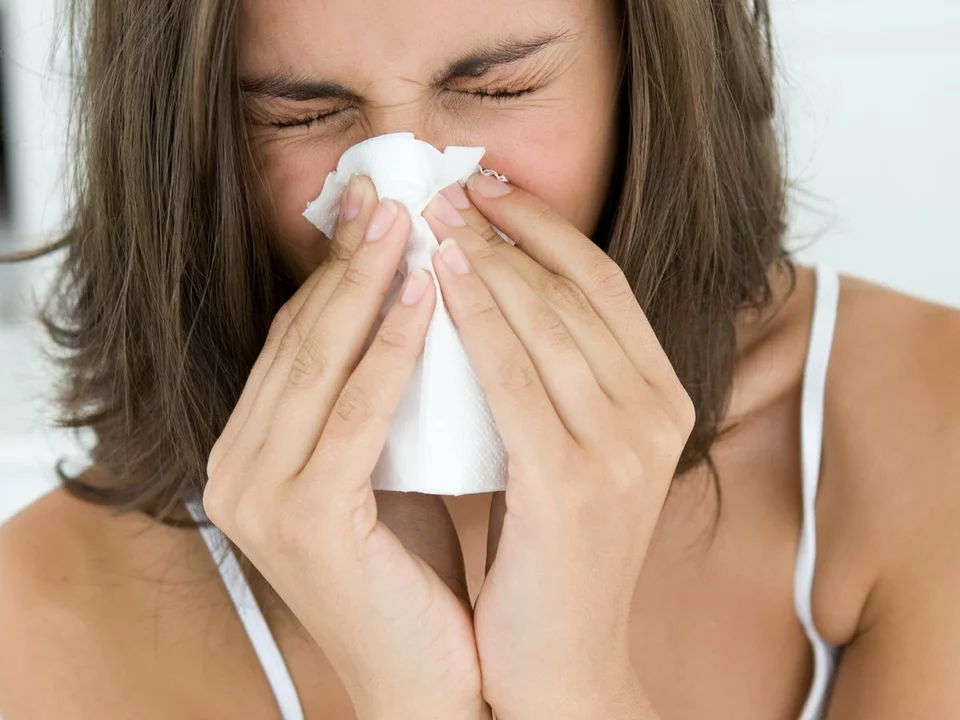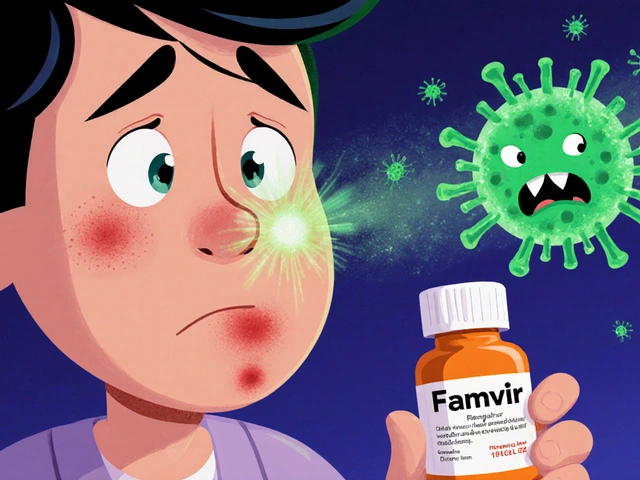Allergy season: how to feel better and stay productive
Allergy season can knock you out more than you'd expect. Sneezing, itchy eyes, and a blocked nose make work and sleep miserable. This guide gives simple, useful steps you can use today to cut symptoms and prevent the worst flare-ups.
Quick fixes that actually help
Start with over-the-counter choices: a non-drowsy antihistamine (like loratadine or cetirizine) eases sneezing and itchy eyes fast. For a blocked nose, a steroid nasal spray (fluticasone or budesonide) works better long term—use it daily, not just when symptoms start. Eye drops with antihistamine relieve redness and itch. If you need short-term relief from severe congestion, a decongestant pill or spray can help, but don’t use nasal sprays for more than three days straight.
Steam or a hot shower clears mucus and makes breathing easier. Saline rinses (neti pot or squeeze bottle) flush pollen from your nose—do it once a day during bad weeks. If pills and sprays aren’t enough, talk to your doctor about allergy shots or prescription options.
Practical prevention during allergy season
Know the triggers: pollen, mold, and dust mites are the big ones. Check local pollen counts in the morning and plan outdoor time for late afternoon when pollen often drops. If pollen is high, keep windows closed and run your air conditioner with a clean filter.
Simple daily habits make a difference. Change clothes and shower after being outside so you don’t carry pollen into your bedroom. Wash bedding weekly in hot water to remove dust mites. A HEPA air purifier in your bedroom reduces airborne allergens while you sleep. If you mow the lawn or do yard work, wear a pollen mask and gloves.
Pets bring pollen indoors too. Wipe them down with a damp cloth after walks or keep them off the bed during peak season. For mold, fix leaks, run a dehumidifier in damp rooms, and clean bathrooms regularly.
When to see a doctor? If OTC meds don’t control symptoms, if you have breathing trouble, or your symptoms interfere with sleep and daily life, get medical advice. An allergist can test what specifically triggers you and recommend targeted treatment like immunotherapy.
Medication timing matters: start nasal steroids a week or two before high pollen season for best results. Keep a small travel pack with antihistamine and eye drops so you’re ready when symptoms hit on the go.
Allergy season doesn’t have to wreck a few months of your year. With the right meds, a few habit changes, and attention to triggers, you can cut symptoms and keep your routine on track. Try one new tip this week and see how much better you feel.

How to prevent a blocked-up nose and red, watery eyes during allergy season
As allergy season approaches, I've found a few ways to prevent the dreaded blocked-up nose and red, watery eyes. First, I make sure to keep my home clean and dust-free, especially my bedroom. I've also discovered that using a HEPA air purifier can significantly reduce allergens in the air. Additionally, staying indoors during peak pollen hours and wearing sunglasses when outside has been a great help. Lastly, over-the-counter allergy medications have been a lifesaver when symptoms do strike!
Categories
- Medications (70)
- Health and Medicine (61)
- Health and Wellness (36)
- Online Pharmacy Guides (16)
- Nutrition and Supplements (9)
- Parenting and Family (3)
- Environment and Conservation (2)
- healthcare (2)
- prescription savings (1)



